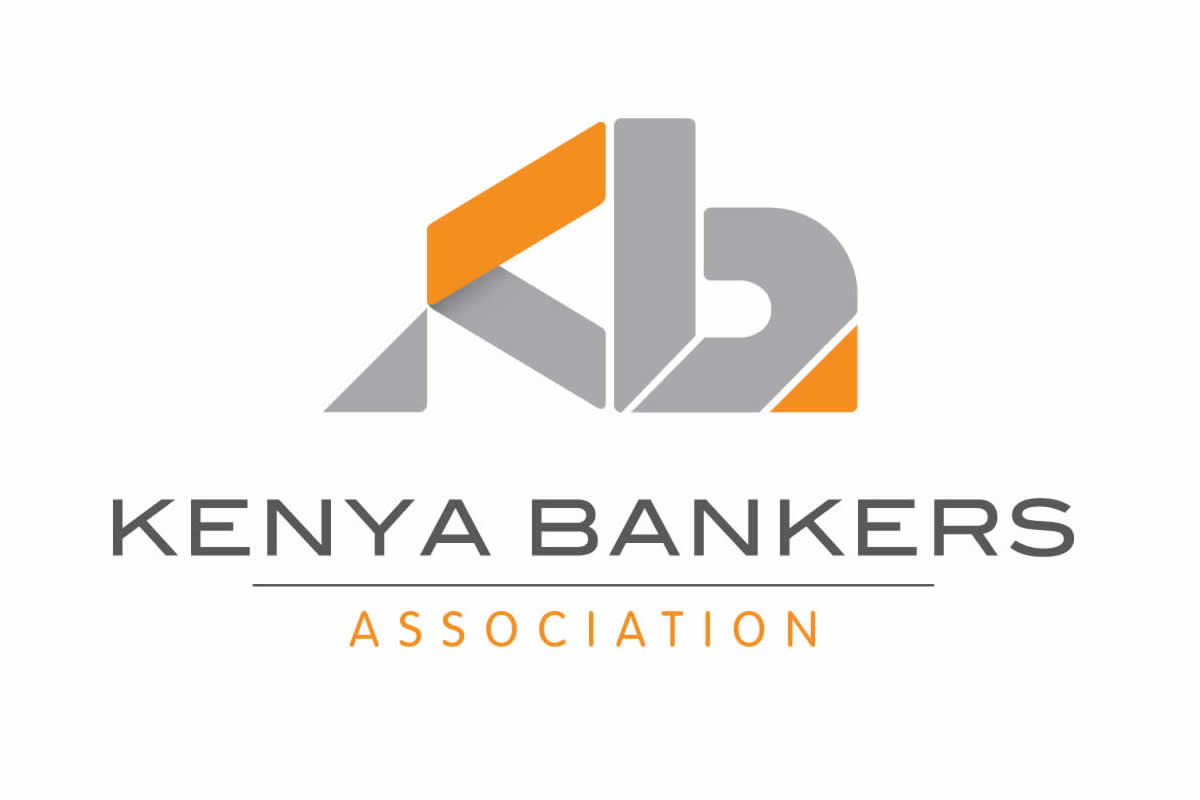Nairobi 28th September – 2018 The Kenya Bankers Association 7th Annual Banking Research Conference came to a close today with papers that focused on the digital credit market, financial literacy, and household indebtedness. Researchers also analyzed major drivers of digital credit uptake and the effect of the adoption of technology on household indebtedness. Preferences of borrowers between conventional credit and digital credit were also explored.
Discussions on challenges and opportunities of disruptive innovations on consumer credit usage among segments of the economy that do not have sufficient access to mainstream financial services and products also featured as some papers sought to establish whether credit officer’s surveys (COS) have a predictive informational content that can guide monetary policy.
Other papers examined the reason why agribusiness proprietors continue to seek unconventional loans despite the fact that conventional lenders offer loans at lower interest rates. Further, financial literacy issues took center stage, with findings suggesting that a borrower’s level of education is a key driver of agribusiness entrepreneur’s demand for formal credit facilities.
The issue of interest rate capping came up too as one study indicated that subjecting conventional financial sector to repressive regulations such as interest rate ceiling limits bank’s capability and incentive of screening borrowers by designing credit contracts, enabling unconventional lenders to serve a larger credit market despite their higher interest rates.
In his opening remarks, KBA Governing Council Member and Middle East Bank Managing Director Mr. Dhirenda Rana encouraged banks to design strategies to hedge risks in the credit market, saying doing so would increase access to credit for small businesses in the economy.
KBA CEO Dr. Habil Olaka thanked all participants for making this years’ forum a success. He observed that the quality of papers presented at the conference has been improving over the years, making it possible for most of the papers being published in the KBA Working Paper Series, contributing to discussions on both policy and enterprise development.
About the Kenya Bankers Association:
KBA (www.kba.co.ke) was founded on 16th July 1962. Today, KBA is the financial sector’s leading advocacy group and banking industry umbrella body that represents total assets in excess of USD 40 billion. KBA has evolved and broadened its function to include advocacy on behalf of the banking industry, and championing financial sector development through strategic projects such as the launch of the industry’s first P2P digital payments platform PesaLink. In line with the Government’s policy on public-private partnerships, KBA and Central Bank of Kenya have implemented key projects such as modernization of the National Payments System through the Automated Clearing House, implementing the Real Time Gross Settlement System (RTGS), and the Kenya Credit Information Sharing Initiative. The KBA members are comprised of commercial banks and deposit taking microfinance banks. For more information, visit www.kba.co.ke.


